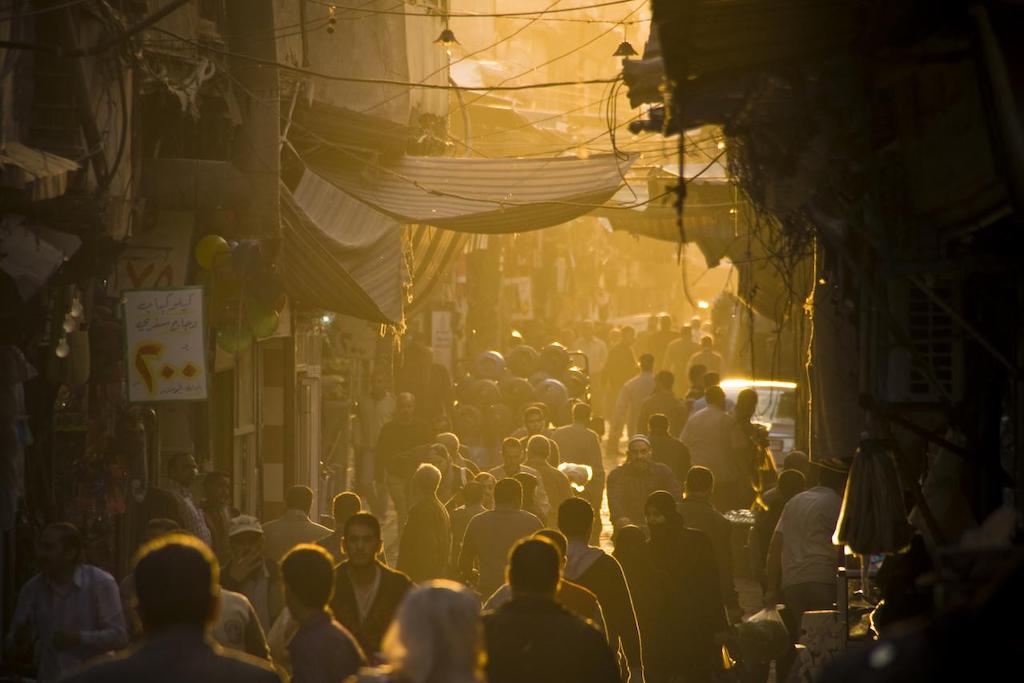Syria's Tourism Industry Shows Signs of Life — But the Comeback Is Controversial

Skift Take
Is visiting a country an implicit endorsement of its leadership? Or can intrepid travelers frame it simply as a gesture of connection with its people? The situation in Syria raises these questions and more.
Tourism often has an undertone of politics, and nowhere is that more pronounced than in an active war zone.
Syria — which has been at war for close to a decade — had a thriving tourism industry before the Arab Spring in 2011 served as the catalyst for years of conflict and horror. Since then, more than half a million people have died or are missing, roughly half the country's population of 22 million have been displaced internally or become refugees abroad, and major cities and entire regions are decimated. President Bashar al-Assad has been called a war criminal, and northern Syria a tinderbox — thanks in part to President Trump's withdrawal of troops from that region in October.
It's perhaps unsurprising, then, that most countries in the world advise their citizens not to travel to Syria for reasons of safety. However, people are starting to do just that. From organized tour groups to online travel influencers, these trips trend to be framed as for the intrepid and adventurous traveler. As one Western blogger and trip organizer put it: "rough around the edges" but "the adventure of a lifetime."
The comeback, apparently welcomed by the government, is raising questions about whether tourism in a place like Syria is ethical, even if the major cities are inching back towards stability. Put another way: Is visiting a country at war an implicit endorsement of its leadership? Or can travelers rightly justify it as a way to connect with and support people who have been through the worst humanity has to offer?
Soft Power Gains
As recently reported in the Br
